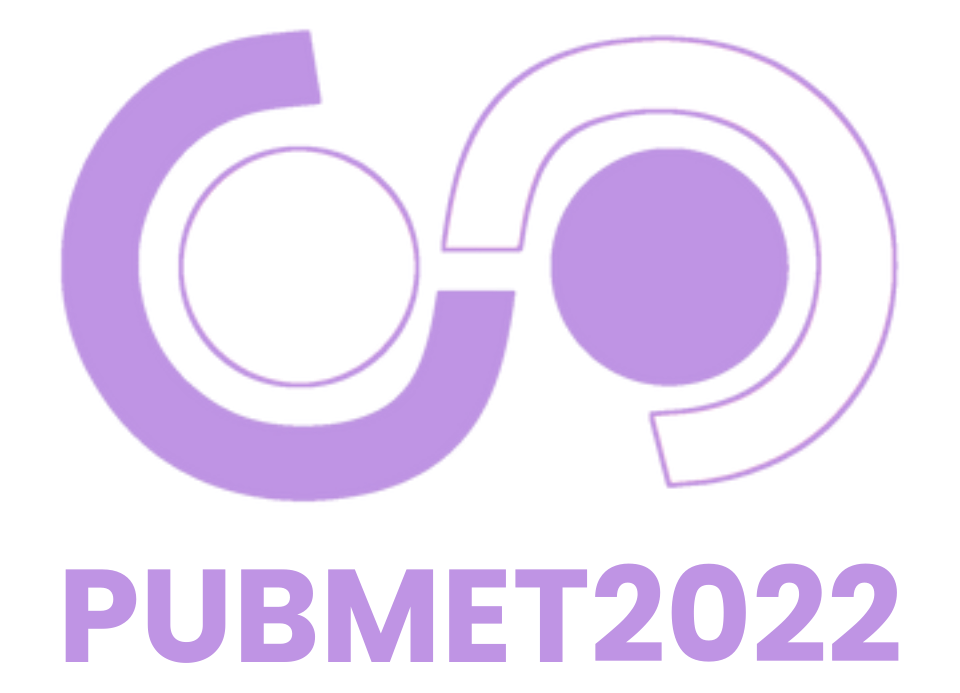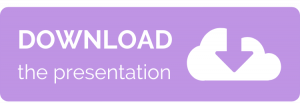How do society publishers practice open science beyond open access publishing?

Scholarly publishing has rapidly moved towards open access (OA) during the last decades. However, OA publishing is only one part of a larger open science movement. The recent UNESCO recommendation for open science (UNESCO, 2021) defines open science broadly covering the openness of scientific knowledge, science infrastructures, engagement with societal actors and dialogue with other knowledge systems. In the recommendation, open scientific knowledge includes OA to scientific publications, but also open research data, metadata, open educational resources, software and source code and hardware. Earlier research about open scientific knowledge from the point of view of academic publishers have focused mainly on the take up of one element of open science such as OA publishing. Thus, little is known of the broader take up of the elements of open scientific knowledge.
This paper aims to fill this gap in knowledge by studying the adaptation of different elements of open scientific knowledge based on survey data from society publishers in Finland. In the case of Finland, learned societies publish 70 percent of the national journals (Late et al., 2020) and their publishing model is mainly diamond open access that is not based on author processing charges but rely on publishing subsidies (Pölönen et al., 2020). Furthermore, their activities often go beyond scholarly publishing including organizing education and research activities such as funding research and collecting and storing research data (Korkeamäki et al., 2019).
Our research questions are:
RQ1: To what degree society publishers take up the elements of open scientific knowledge including open access to publications, open data and open education?
RQ2: Are elements of open scientific knowledge cumulative?
The data used in this study was collected by means of an electronic survey questionnaire addressed to Finnish learned societies in November 2021. In total 97 responses were given by unique society publishers the response rate being 40 per cent. We analyze nine variables measuring the adaption of different elements of open scholarly knowledge (see Table 1). Variables were selected to represent different elements of open scientific knowledge according to the UNESCO recommendation for open science.
Table 1. Analyzed variables measuring the adoption of open scientific knowledge
| Variable | |
| Open scholarly publications | V1 Publish open access peer reviewed publications (gold, green, hybrid OA) |
| V2 Define self-archiving policy for publications | |
| V3 Define data policy for publications | |
| Open research data | V4 Provide open research data or metadata |
| V5 Provide open research infrastructure | |
| V6 Provide training for opening research data | |
| Open educational resources | V7 Arrange open educational events |
| V8 Provide open educational materials | |
| V9 Provide training for open education |
The results show that society publishers take up elements of open scientific knowledge most often related with open scholarly publications. Almost 70 per cent of the responded publishers publish open access publications either gold, green or hybrid route. When it comes to open research data, society publishers are most likely to define data policies for publications. Provision of open data was moderate but most societies collecting and storing data offer OA for their datasets. Furthermore, offering training for opening data was modest. Nevertheless, a high share of publishers offers open education and some share their educational materials openly. Although earlier studies have reported disciplinary differences in adopting open science (e.g. Rousi & Laakso, 2020) our analysis did not show significant differences between publishers representing different disciplines.
Results show that adopting the elements of open scholarly knowledge are cumulative. OA publishers are more likely to take up other elements of open scholarly knowledge. However, adopting all elements is not yet common. Since the publishers’ activities (e.g. collecting research data, offering education etc.) influence the take up of the elements, a better understanding about the activities of the publishers is needed. Future research will show how often and how openly publishers for example provide research data or education beyond society publishers in Finland.
Elina Late
Federation of Finnish Learned societies
Helsinki, Finland
ORCID ID: 0000-0002-3232-1365Janne Pölönen
Federation of Finnish Learned societies
Helsinki, Finland
ORCID ID: 0000-0003-1649-0879

